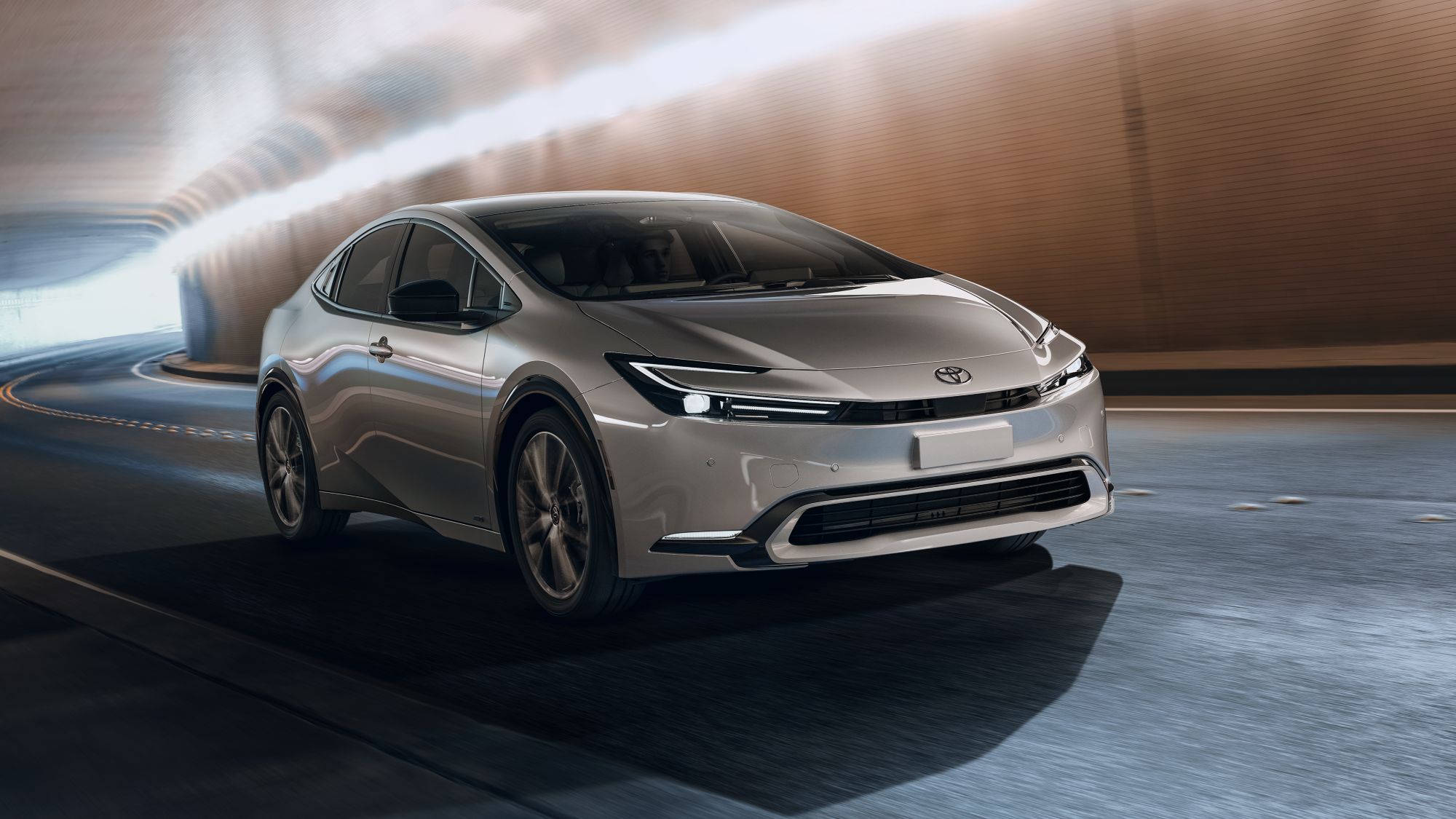Digital Insights
Your go-to source for the latest in technology and gadget reviews.
Filling Up Your Head: What Fuel Efficiency Really Means for You
Discover the secrets of fuel efficiency and how it can save you money and boost your driving experience. Fuel your knowledge today!
Understanding Fuel Efficiency: How It Impacts Your Wallet
Understanding fuel efficiency is crucial for vehicle owners who want to maximize their savings at the pump. When we talk about fuel efficiency, we refer to how far a vehicle can travel on a given amount of fuel, often expressed in miles per gallon (MPG). A higher MPG means greater fuel efficiency, which translates to fewer trips to the gas station and ultimately a lighter burden on your wallet. By choosing a fuel-efficient vehicle, such as hybrids and electrics, drivers can enjoy reduced fuel costs and contribute to a greener environment. For more insights, check out EPA's Fuel Economy Guide.
Furthermore, understanding your own driving habits can significantly impact your vehicle’s fuel efficiency. Here are some tips to enhance your driving efficiency:
- Maintain a steady speed.
- Avoid rapid acceleration and braking.
- Keep your car well-maintained with regular inspections.
By implementing these strategies, vehicle owners can improve their fuel efficiency, therefore, saving more money over time. For a deeper dive into the mechanics of fuel consumption, visit FuelEconomy.gov.

Top 5 Myths About Fuel Efficiency Debunked
Fuel efficiency is often surrounded by a cloud of misconceptions that can lead to poor driving decisions. One prevalent myth is that premium gasoline significantly boosts fuel economy. However, research shows that unless your vehicle specifically requires premium fuel, you won't see much difference in fuel efficiency when using regular gasoline. In fact, using premium fuel in cars that are designed for regular can lead to unnecessary expenses without the desired benefits. This misunderstanding can cause consumers to spend more at the pump without any added value in performance or efficiency.
Another common myth is that frequently idling your vehicle is better for the engine than turning it off and restarting it. Contrary to this belief, idling for extended periods can actually consume more fuel than restarting your car. According to the EPA, turning off your engine when parked or waiting can save fuel and reduce emissions. Debunking these myths is crucial as they can lead to practices that not only hamper fuel efficiency but also contribute to environmental degradation.
Is Your Vehicle Optimized for Fuel Efficiency? Here's How to Check
When it comes to maximizing fuel efficiency, it's essential to assess various factors related to your vehicle's performance. Start by checking your tire pressure; under-inflated tires can increase fuel consumption significantly. For optimal performance, refer to the recommended tire pressure found in your vehicle's manual or on the driver’s side door jamb. Additionally, consider the weight of your vehicle. Fuel Economy suggests removing unnecessary items from your vehicle, as excess weight can burden the engine and reduce fuel efficiency.
Next, keep an eye on your engine maintenance. Regular oil changes and using the manufacturer-recommended oil can improve fuel economy. It’s also advisable to check your air filter; a clogged filter can decrease efficiency. To delve deeper into how to optimize your vehicle, Edmunds offers valuable tips on maintaining your car for better mileage. Lastly, monitoring your driving habits—such as avoiding aggressive acceleration and maintaining steady speeds—can have a significant impact on your vehicle's fuel efficiency.